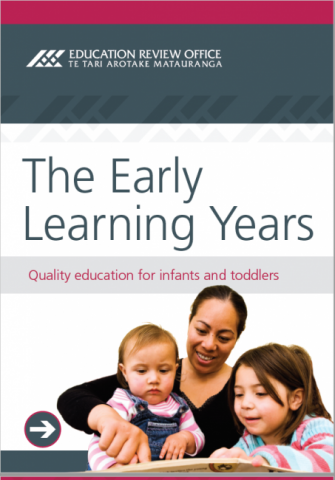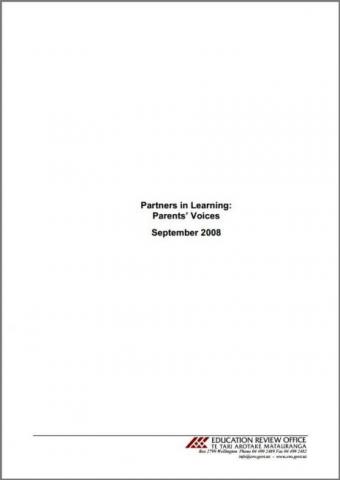Framework for Kura Kaupapa Māori Reviews (English)
Published: 31 Mar 2021
Mai i te tau 2001, kua mahi ngātahi Te Tari Arotake Mātauranga me Te Rūnanga Nui o Ngā Kura Kaupapa Māori o Aotearoa ki te whakawhanake me te aroturuki i tētahi tino rārangi tikanga e pā ana ki te arotake i ngā kura kaupapa Māori o Te Aho Matua.
- Audience:
- Education
- Māori-medium
- Schools
- Content type:
- Basic page
- Topics:
- Evaluation
- Te Aho Matua
- Kura
- Te Rūnanga Nui o ngā Kura Kaupapa Māori o Aotearoa
- Methodology


